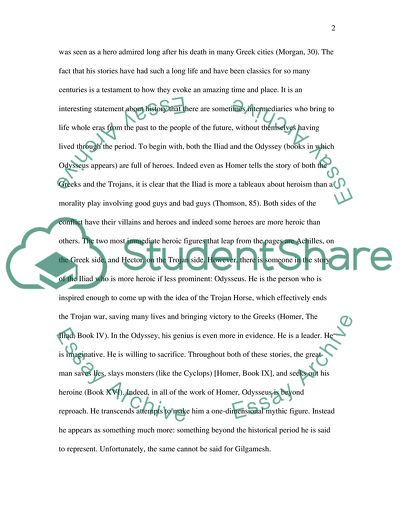Cite this document
(Odyssey and Gilgamesh as Two of the Foundational Classics Essay, n.d.)
Odyssey and Gilgamesh as Two of the Foundational Classics Essay. https://studentshare.org/literature/1745509-gilgamesh-and-odysseus
Odyssey and Gilgamesh as Two of the Foundational Classics Essay. https://studentshare.org/literature/1745509-gilgamesh-and-odysseus
(Odyssey and Gilgamesh As Two of the Foundational Classics Essay)
Odyssey and Gilgamesh As Two of the Foundational Classics Essay. https://studentshare.org/literature/1745509-gilgamesh-and-odysseus.
Odyssey and Gilgamesh As Two of the Foundational Classics Essay. https://studentshare.org/literature/1745509-gilgamesh-and-odysseus.
“Odyssey and Gilgamesh As Two of the Foundational Classics Essay”. https://studentshare.org/literature/1745509-gilgamesh-and-odysseus.


